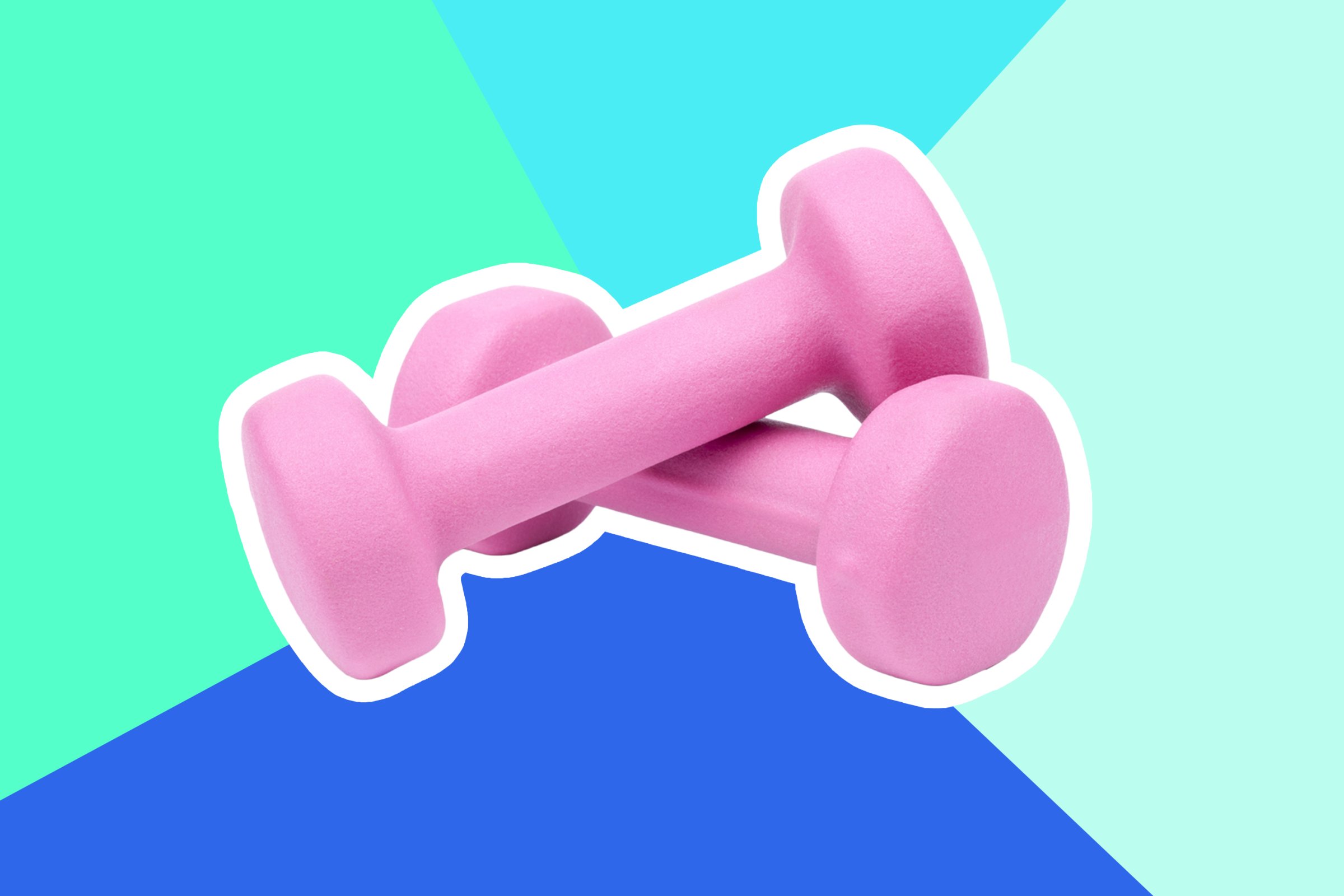
You already know the basics of dodging sickness: get a good night’s sleep and wash your hands thoroughly and often. (It takes 15 seconds of scrubbing to wipe out germs, by the way.)
Garlic, vitamin C, and even chicken soup may also help prevent or reduce the duration of the common cold, though most research suggests that the benefits of each are modest. Some newer research also shows probiotics may be protective, though experts are still sorting out which strains and amounts are beneficial.
But if you’re really intent on sidestepping illness, meditation may be the best way to stay cold free, says Dr. Bruce Barrett, a professor of family medicine and community health at the University of Wisconsin. In his research, he’s found that mindfulness meditation can lower risk for common respiratory infections by up to 60% by combating immune system-crippling stress.
Daily exercise offers similar immune-boosting benefits, Barrett and other experts say. “People who exercise 30 to 45 minutes a day experience a 40% to 50% reduction in the number of days they get sick,” says Dr. David C. Nieman, director of the Appalachian State University Human Performance Lab at the North Carolina Research Campus.
For the past three decades, Nieman has conducted more than 100 studies on the immune system benefits of physical activity. Whether you’re fond of fast walking, running, swimming or weight training, he says, exercise appears to pump up your body’s built-in defenses.
Within minutes of starting your exercise routine, your body’s circulating levels of white blood cells, natural killer cells and other sickness-fighting agents increase, Nieman says. Likening them to the military’s special operations forces, he says these immune system warriors seek out and attack invading viruses or bugs. The more active you are, the more active your immune system tends to be.
But it’s possible to get too much of a good thing. Exercising for prolonged stretches without a break eventually puts stress on the immune system. “During the week or two after running a marathon, we see infection rates doubling or even rising sixfold,” Nieman says.
The human body wasn’t designed for long stretches (90 minutes or more) of unrelenting vigorous exercise, he explains—”and this is coming from a guy who’s run 58 marathons.” Once your body is pushed to the point that muscle glycogen becomes depleted, levels of stress hormones and inflammation both spike. These suppress your immune system, leaving you exposed to illness.
But even intense exercise is fine as long as you’re taking breaks between bouts. Nieman has looked into various forms of interval training as well as sports like tennis. He says you can train or play for hours as long as you’re giving your body periods of intermittent rest.
As you might expect, long periods of sitting or inactivity are detrimental to the immune system. “When people sit around a lot, that’s when you see infection rates go up,” he says.
If you’re already sick, you need to rest, Nieman says. But for everyone else, moving is one of the best ways to keep well.
More Must-Reads from TIME
- Why Trump’s Message Worked on Latino Men
- What Trump’s Win Could Mean for Housing
- The 100 Must-Read Books of 2024
- Sleep Doctors Share the 1 Tip That’s Changed Their Lives
- Column: Let’s Bring Back Romance
- What It’s Like to Have Long COVID As a Kid
- FX’s Say Nothing Is the Must-Watch Political Thriller of 2024
- Merle Bombardieri Is Helping People Make the Baby Decision
Contact us at letters@time.com